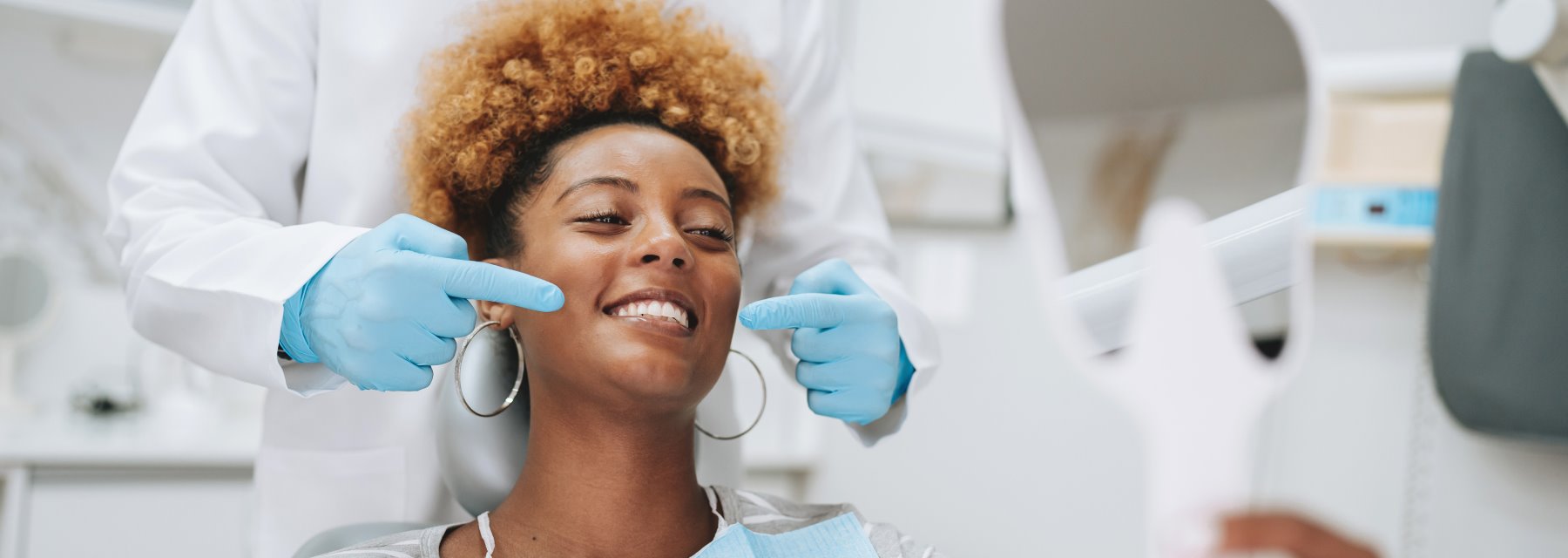
Dental Health
Practicing good oral hygiene is the key to maintaining good overall health, especially as we get older. In recent years, bacterial inflammation involved in gum disease has been linked to chronic health problems like stroke, coronary artery disease and premature, low birth-weight babies. Our doctors and hygienists take great care to identify and treat gum disease early to keep you and your mouth healthy.
Oral Hygiene
Here are some helpful tips to ensure you are practicing good oral hygiene at home:
- Brush at least three times a day using a fluoridated toothpaste
- Floss daily
- Eat a well-balanced, healthy diet
- Avoid smoking and the use of smokeless tobacco products
By following the above steps, you can help prevent such common problems like cavities, gingivitis, gum disease, oral cancer, as well as more serious diseases that affect your overall health like heart disease and diabetes.
Parents are responsible for ensuring their children practice good dental hygiene. Parents must introduce proper oral care early in a child's life – as early as infancy. The American Dental Hygiene Association states that a good oral hygiene routine for children includes:
- Thoroughly cleaning your infant's gums after each feeding with a water-soaked infant cloth. This stimulates the gum tissue and removes food.
- Gently brushing your baby's erupted teeth with a small, soft-bristled toothbrush and using a pea-sized amount of fluoridated toothpaste.
- Teaching your child at age 2 or 3 about proper brushing techniques and later teaching them brushing and gentle flossing until 7 or 8 years old.
- Regular visits with their dentist to check for cavities in the primary teeth and for possible developmental problems.
- Encouraging your child to discuss any fears they may have about oral health visits, but not mentioning words like "pain" or "hurt," since this may instill the possibility of pain in the child's thought process.
- Determining if the water supply that serves your home is fluoridated; if not, discussing supplement options with your dentist or hygienist.
- Asking your hygienist or dentist about sealant applications to protect your child's teeth-chewing surfaces and about bottle tooth decay, which occurs when teeth are frequently exposed to sugared liquids.